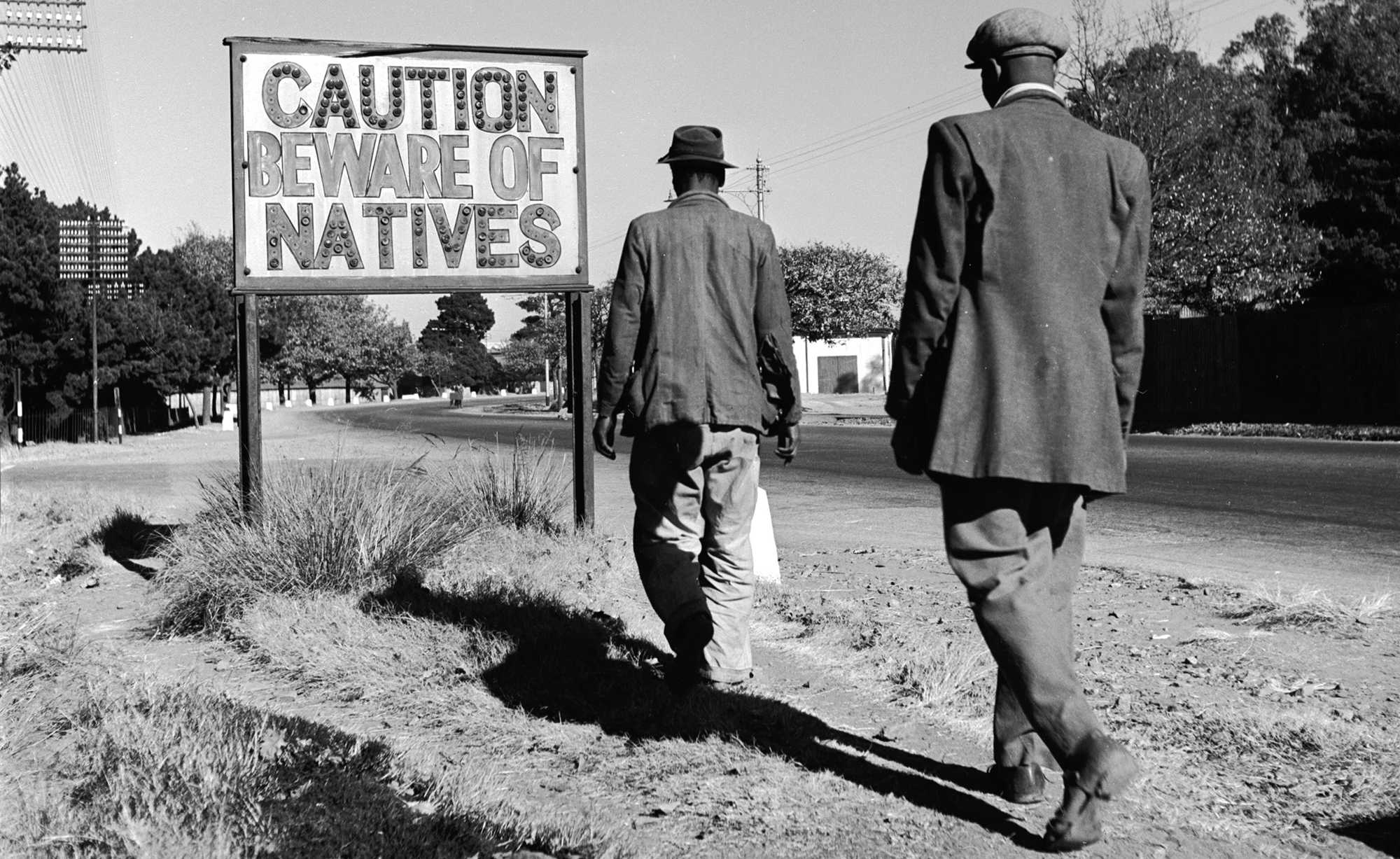Over the last few years, and particularly the last few months, there has been a lament for the state of our nation which has been framed in the most aggressive terms. It has involved people asking whether South Africa was “better during apartheid” than it is now. The answer, of course, is that it is infinitely better now than it was then. But the debate about the question may well mask an important truth.
Which is that to just ask the question is to see people reaching for the strongest possible language they have to describe their current lived experience and their intense frustration with it.
From time to time on talk radio, a listener will call in and claim that our country was a better place to live in “during apartheid” than it is now. In a country where the racialised inequality imposed by apartheid still defines our society, it is important to note that the people who make this claim are black.
While there may be some white people who believe this, their motivation for making that argument can be grounded only in racism.
But when black people phone into radio stations to say it, and make the claim consistently, it is a sign of distress.
Several high-profile people have come close to making claims like this in the past.
As long ago as 2008, the businessperson Wendy Luhabe was quoted as saying, “I’m a product of Bantu education and when I look back, it really seems much better than what education appears to be today.”
That led to a long anguished debate about our education system. Despite the stated improvements in the matric pass rate, youth unemployment has increased dramatically since then.
Then, just three years later, in 2011, came perhaps the most public denunciation of the ANC government using the “apartheid” label.
Archbishop Emeritus Desmond Tutu could not contain his anger at the denial of a visa to the Dalai Lama when he said:
“This government, our government, is worse than the apartheid government because at least we were expecting it with the apartheid government. With our government, we were not expecting that. Now we would have a government that was sensitive to the sentiments of our Constitution.”
https://www.youtube.com/watch?v=3iL2xnfu8Do
This was a comment designed to sting. Which is one of the reasons that it is still so well remembered.
Much more recently, Professor Jonathan Jansen published a column based on the responses he received when he asked on Twitter whether people believed our infrastructure was better in 1993 than it is now.
This led to an angry response. Amanda Rinquest argued in Africa Is A Country that we should not give Jansen “so much airtime”.
In the Mail & Guardian, Sphesihle Nxumalo was probably speaking for many when he suggested that “I find it incomprehensible that some would claim we thrived under oppression simply because we had better roads and electricity.”
There were many other angry responses.
And, of course, our situation now cannot be compared to apartheid.
Deliberately inhumane
The apartheid government was evil, it tried to do one of the worst things you can do to a person, to define their life chances from birth, and to ensure that they could not reach their full potential.
In short, it was deliberately inhumane.
Our current situation now is not like that at all.
Rather, it is the result of failure to provide services and to govern effectively. It is also true that there is corruption, and that this has a huge impact on people. But this is simple self-interest, as is seen around the world, rather than the evil of apartheid, a system based on the oppression of one entire race by another.
Within all of this, it may be important to ensure one particular element of all of this is not obscured.
It appears that when people talk about our present and apartheid times in this way, what they are doing is using the worst possible historical memory to describe their present. They are searching for the strongest possible term, the strongest language that they know, to explain how they feel.
In some countries in Europe, particularly the UK, people will often refer to the Nazi era when they want to use the strongest possible language to condemn something.
Whether it is politicians or football players, this is the language they use to ensure that people know how strongly they feel. There is no worse insult.
In our country, so strong and so awful are the memories of apartheid, it plays the same role here.
To put it another way, Tutu used the phrase “worse than apartheid” because he wanted to deliberately wound the government in the strongest possible way, and so it is the callers to radio stations and some columnists want to do the same thing.
To compare something to apartheid is simply the worst possible insult, and they use it deliberately.
There is real power in this. It suggests that people are as angry and frustrated as they could possibly be.
And this is where the real warning lies.
That if people are so angry at their lived present that they compare it to apartheid, then they may want to treat it in the same way as they did apartheid. That they may want to strike it down to free themselves from their lived present. DM





